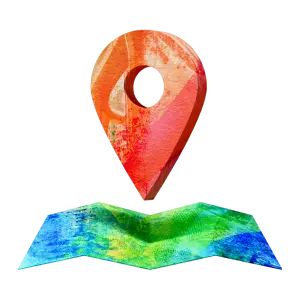Kuwaiti Dinar (KWD)
Currency name
Kuwaiti Dinar
Currency symbol
ك
KWD exchange rates
| USD | INR | EUR | ZAR | AUD | NZD | NGN | AED | |
|---|---|---|---|---|---|---|---|---|
| From KWD | 3.24044 | 279.15100 | 3.16341 | 61.93780 | 5.27201 | 5.83233 | 5345.85000 | 11.90210 |
| To KWD | 0.30860 | 0.00358 | 0.31611 | 0.01615 | 0.18968 | 0.17146 | 0.00019 | 0.08402 |
Beware of bad exchange rates.Banks and traditional providers often have extra costs, which they pass to you by marking up the exchange rate. Our smart tech means we’re more efficient – which means you get a great rate. Every time.
| Name | Kuwaiti dinar (KWD) |
|---|---|
| Symbol | ك |
| Minor Unit | Fils |
| Minor Unit Symbol | ¢ |
| Notes Freq Used | KD 1⁄4, KD 1⁄2, KD 1, KD 5, KD 10, KD 20 |
| Coins Freq Used | 5, 10, 20, 50, 100 fulūs |
| Central Bank | Central Bank of Kuwait |
| Users | Kuwait |
Facts Table for Kuwaiti dinar (KWD)
Kuwaiti Dinar is overseen by its central banking authority, the Central Bank of Kuwait. As of March 2013, the Kuwaiti Dinar holds the distinction of being the most valuable currency globally.
The monetary history of Kuwait reveals that before 1961, the Gulf nation used the Indian Rupee, particularly the Persian Gulf Rupee (XPGR) released by the Reserve Bank of India for circulation in several gulf countries, including Kuwait. However, after gaining independence, Kuwait initiated its own currency, the Kuwaiti Dinar, in 1961 at a rate of 13.33 Indian Rupees to 1 KWD. Subsequently, the Central Bank of Kuwait was established in 1969 to oversee the country's monetary system.
The Dinar was later pegged to a weighted currency basket in 1975. During the period following Iraq's invasion of Kuwait in 1990, the Iraqi Dinar temporarily replaced Kuwait's currency, resulting in a significant devaluation of the Kuwaiti Dinar. Following liberation in early 1991, the Kuwaiti Dinar was restored to its pre-invasion value, and new banknotes were issued. Between 2003 and 2007, the Dinar was pegged to the US Dollar.

Kuwaiti Dinar Coin Design
Regarding coins, Kuwait's coins, introduced in 1961, possess a consistent design that remains unchanged since their inception. They showcase a boom ship, accompanied by the year of minting in Arabic, both in Islamic and Common Era. The reverse side features the value in Arabic enclosed within a central circle, with 'الكُوَيت' (Arabic for The Kuwait) positioned above and 'KUWAIT' in English below.
Unlike several other Middle Eastern currencies, Kuwait hosts a coin valued at 0.02 of its primary currency unit instead of the more common 0.025 or 0.25, although the latter does exist in the form of a banknote.